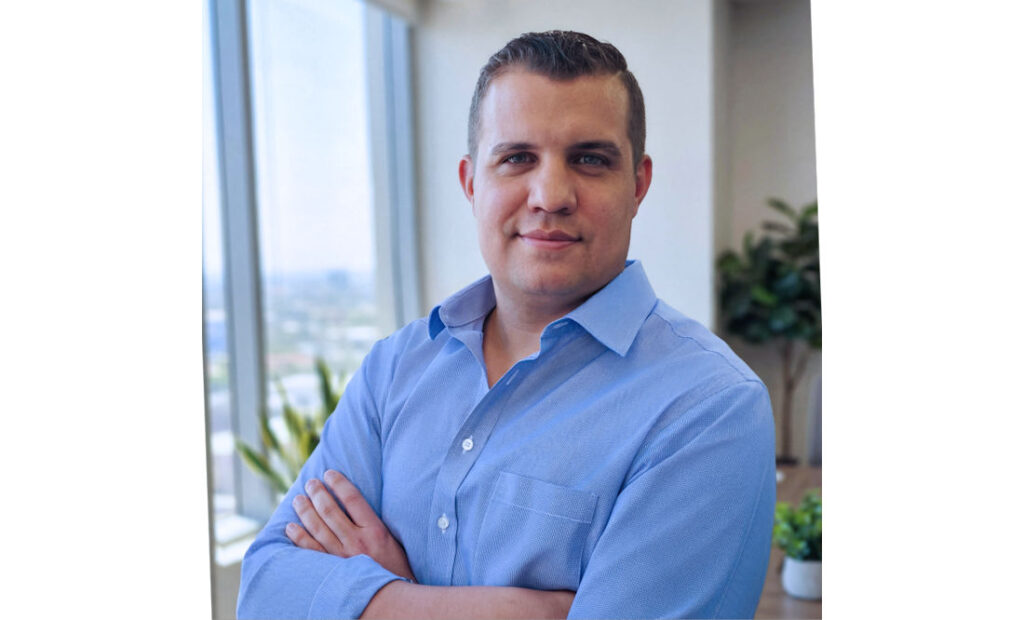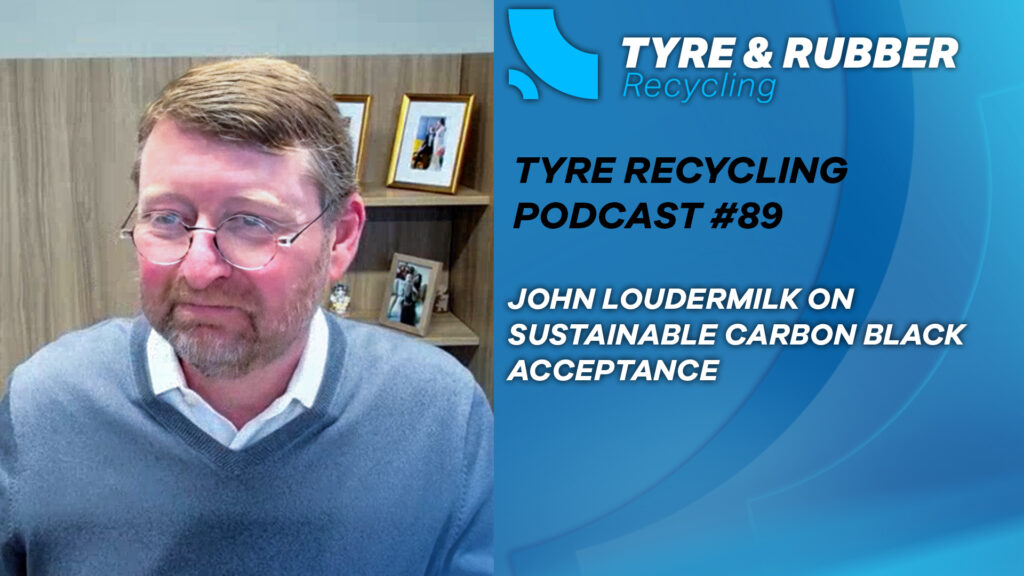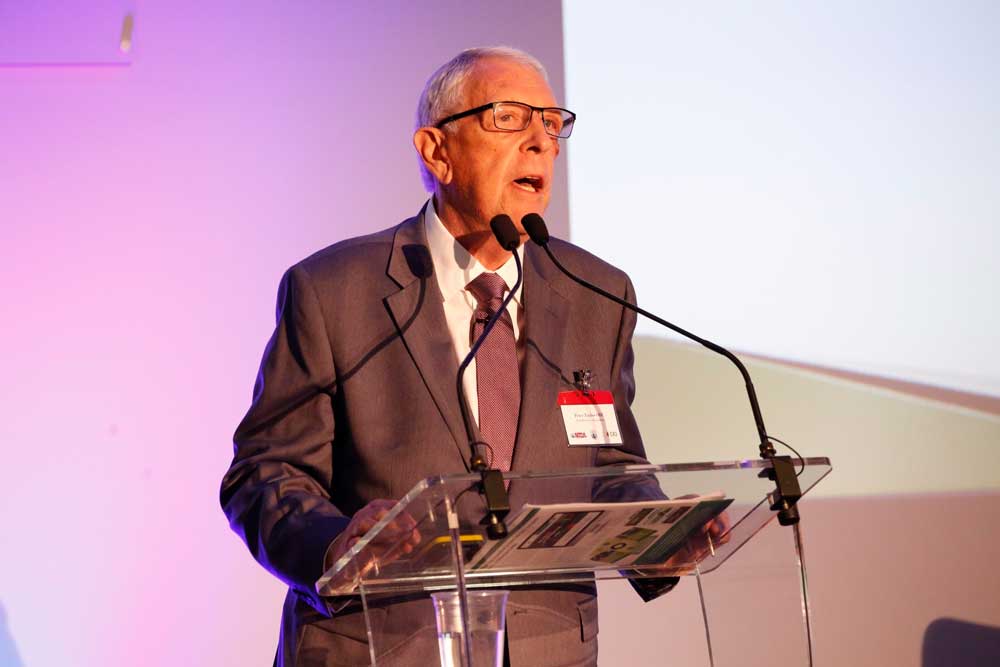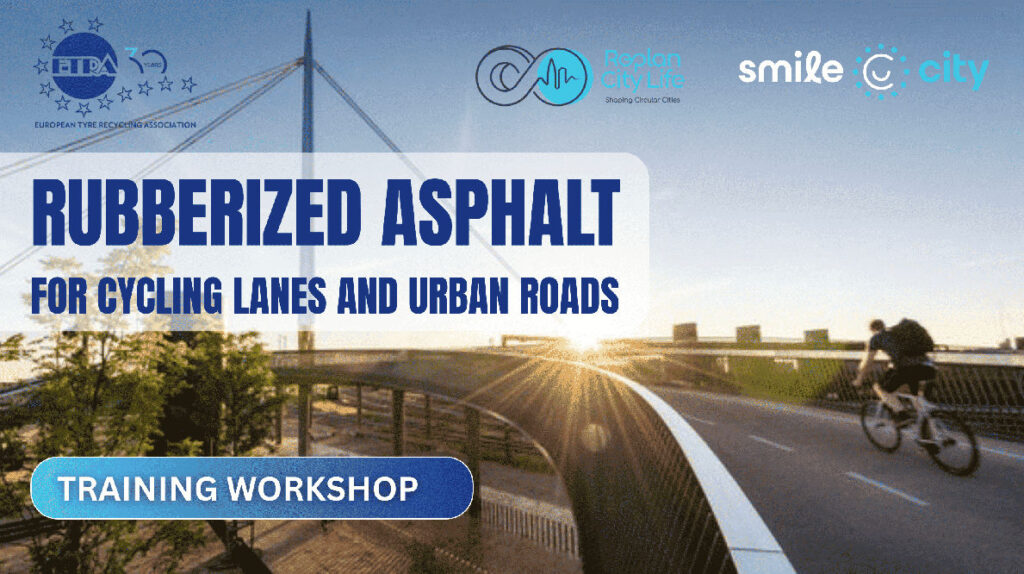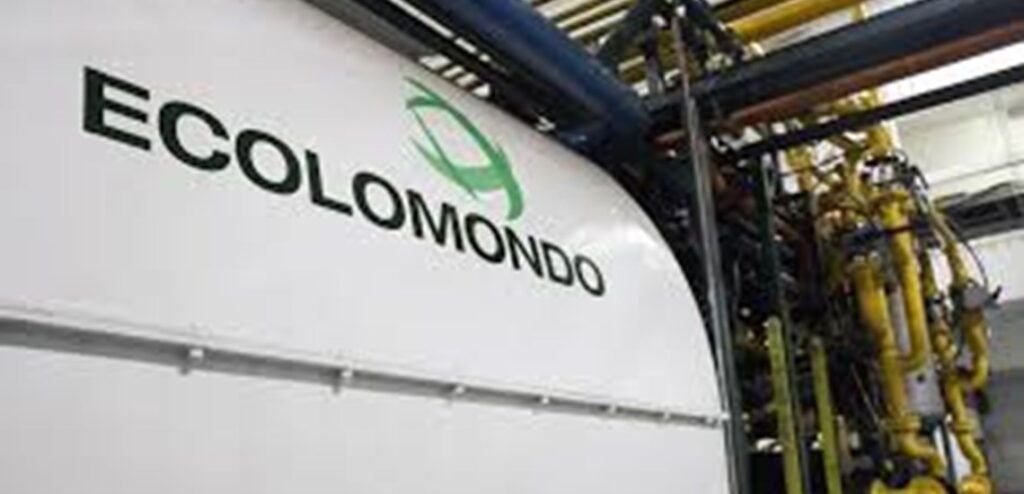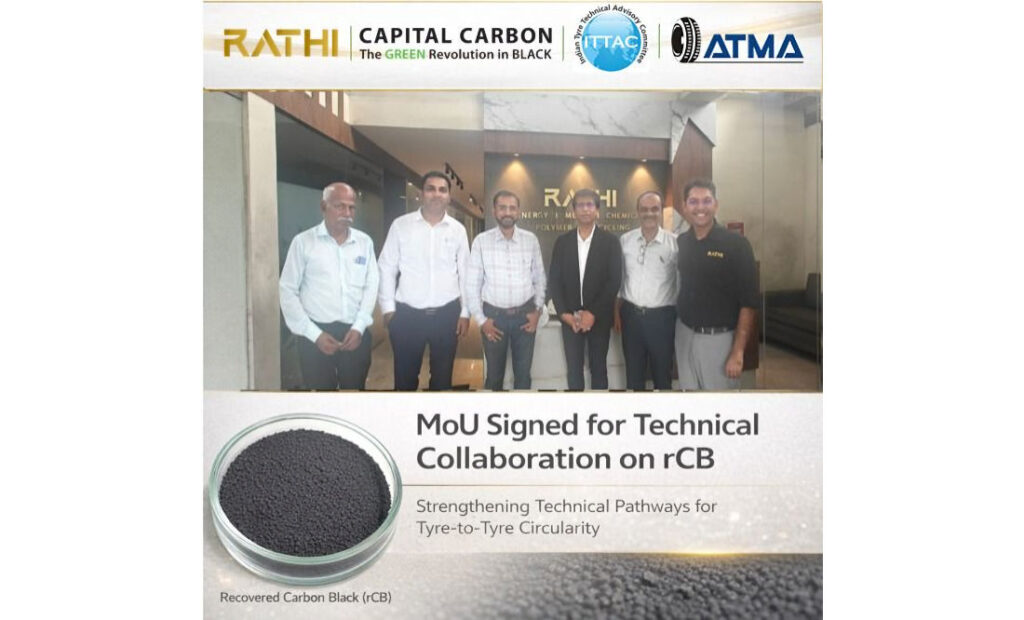Mars Mineral announced that Elliott Woodward, P.E., has joined the company as business manager, bringing over seven years of engineering and project delivery experience across the environmental, mining, and industrial process sectors
About the New Manager
Before joining Mars Mineral, Woodward served as a senior process engineer at Burns & McDonnell in Denver. He previously held engineering roles with AECOM and Forsgren Associates, Inc., where he worked on process design, environmental systems, and project delivery for municipal and industrial clients.
In his new role, Woodward will work on strengthening customer partnerships, supporting pelletising and agglomeration projects from early feasibility through commercial scale operations, and expanding Mars Mineral’s presence in global markets.
“I am excited to return to Western Pennsylvania and join the Mars Mineral team,” he said. “This opportunity is especially meaningful, and I look forward to building strong partnerships with our customers and continuing to grow our impact in the global pelletizing and agglomeration market.”
Kevin Leczkowski, general manager of Mars Mineral, added, “Elliott’s technical background and industry experience provide valuable insight into our customers’ process challenges.”


